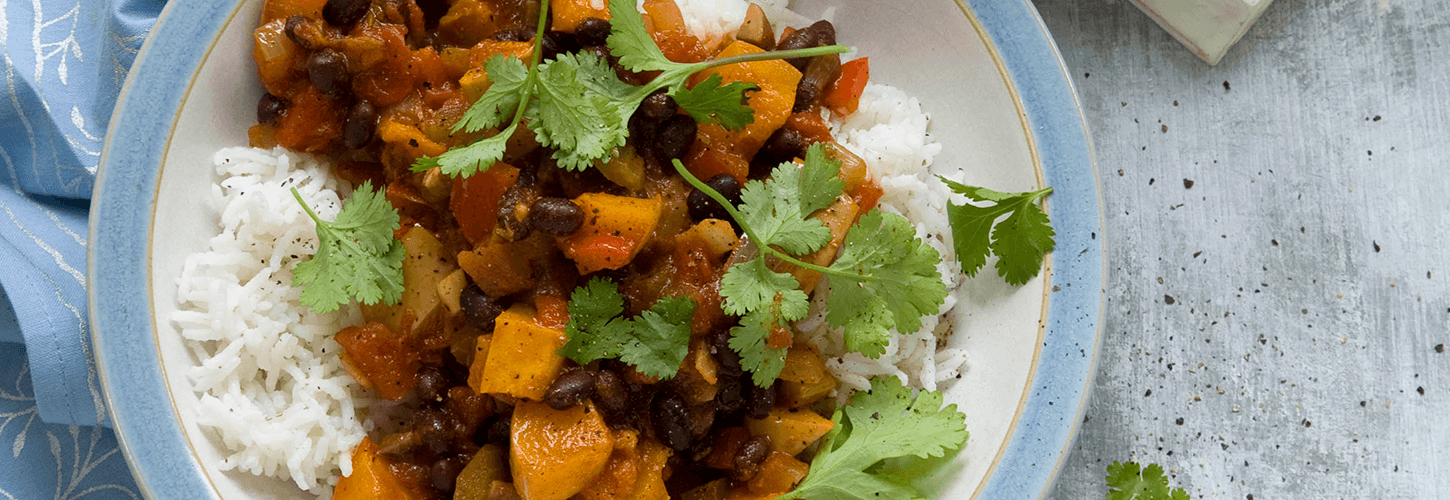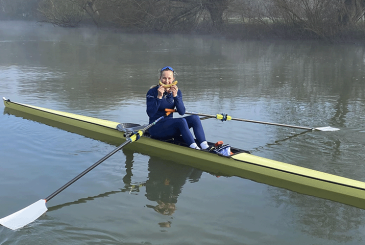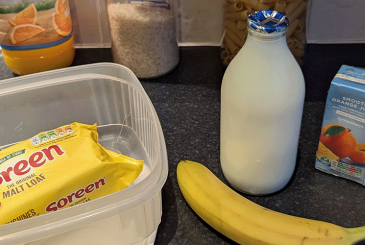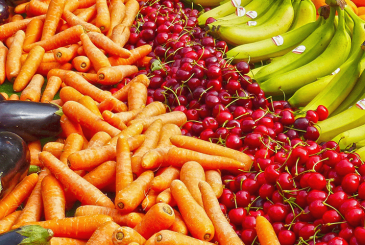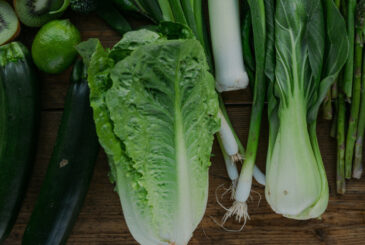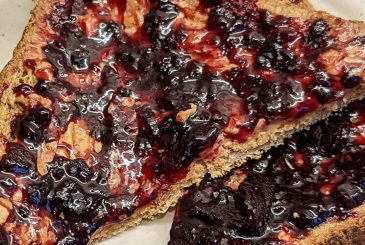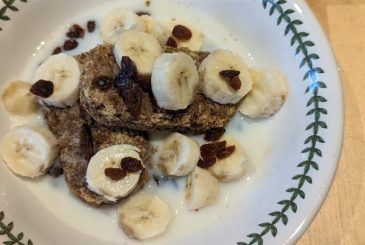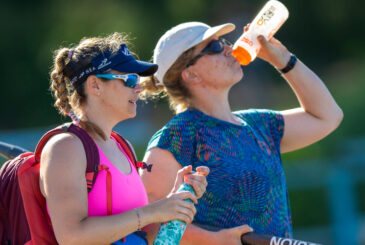For anyone ‘doing’ Veganuary, performanuce nutritionist Hatty Batesreviews areas that rowers should consider when if excluding meat, fish and/or dairy from their diet
Plant-based diets are becoming increasingly popular due to health, environmental and ethical reasons. Those opting for a vegetarian diet exclude all meat, fish, and poultry whereas those choosing a vegan diet exclude all animal products including dairy, eggs, and animal-derived ingredients.
Research suggests that plant-based diets are neither beneficial nor detrimental to performance. Although rowers can still reach their rowing potential whilst following a plant-based diet, this may require some planning ahead and some important nutritional considerations. You can read another article by Hatty with links to the research here.
Fuelling and meeting energy demands
On training days, especially when completing a long training session on the water, rowers could have high energy demands and carbohydrate requirements. Carbohydrate is an important energy source for rowers and daily intake needs to reflect the training load. Typical plant-based diets tend to be high in carbohydrates such as grains (rice, pasta, noodles, bread) and pulses (peas, beans, lentils). Carbohydrate-rich foods such as these, are useful to be consumed as part of a pre-training meal three to four hours prior to starting a training session. Consuming carbohydrate-dense meals and snacks throughout the day means that plant-based athletes should easily achieve their carbohydrate requirements.
However, research suggests that individuals following a vegan diet consume less energy compared to those consuming an omnivorous diet. The reason for this may be two-fold. Firstly, plant-based diets tend to be high in fibre which could lead to earlier satiety and feelings of fullness, and secondly, plant-based food tends to be less energy-dense and lower in energy compared to food consumed as part of an omnivorous diet. Taking this into consideration, rowers consuming a plant-based based diet may benefit from adding some additional, energy-dense snacks throughout the day such as nuts, seeds, dried fruit, rice cakes/oatcakes and hummus for example.
Hit your protein
Your body needs 20 different amino acids; nine of these are known as essential amino acids and can only be obtained through the diet. This is easily achieved in those eating an omnivorous diet or vegetarian diet where eggs and dairy are consumed. However, plant-based proteins are limited in some essential amino acids. Therefore, if consuming a vegan diet, it is important to consume different sources of protein throughout the day to achieve the correct balance of essential amino acids.
Plan your calcium intake
Calcium is one of the most abundant minerals in the body and plays an important role in bone health, muscle contractions and brain signalling. The recommended intake for adults aged between 19-50 years old is 700mg per day. Calcium is predominantly found in dairy, however those who follow a plant-based diet may choose not to consume dairy-based products. Instead, include leafy-green vegetables, pulses, soy products and fortified milk-alternatives daily in your diet.
| Food | Portion size | Calcium (mg) |
| Soya milk (calcium enriched) | 300ml | 360 |
| Tofu | 70g | 245 |
| Lentils (red split, dried) | 200g | 102 |
| Baked beans | 200g | 84 |
| Spinach (cooked) | 90g | 144 |
| Curly kale (boiled) | 80g | 120 |
| Dried figs | 2 (30g) | 75 |
| Dried apricots | 3 (30g) | 28 |
| Sesame seeds | 1 tbsp (12g) | 80 |
Pack in the healthy fats
Omega-3 fatty acids may contribute to reducing the risk of developing diabetes, cardiovascular disease, and strokes due to their anti-inflammatory properties and influence on the immune system. In addition, they may help accelerate the recovery process, reduce muscle soreness, and positively affect cognitive function.
The main omega-3 fatty acids to be aware of are alpha-linolenic acid (ALA), eicosapentaenoic acid (EPA) and docosahexaenoic acid (DHA). ALA is an essential fatty acid meaning the body cannot make it and so we are reliant on food sources. ALA is found in plant-based sources and can be converted in small amounts to EPA and DHA by our bodies. Good food sources of EPA and DHA include seafood such as oily fish. Athletes adopting a plant-based approach should look to include chia seeds, flax seeds, and walnuts as part of their diet in order to reach their recommended omega-3 intake.
Iron absorption
The current recommended dietary intake for iron is 8.7mg and 14.8mg per day for males and females, respectively. Those who follow a plant-based diet may be at a higher risk of iron deficiency compared to those who consume meat, chicken or fish. Meat sources contain haem-iron which is more efficiently absorbed compared to non-haem iron which is derived from plant sources. For example, approximately 15-35% of haem iron is absorbed from a single meal, whereas only 2-20% of non-haem iron is absorbed.
| Food | Portion size | Iron (mg) |
| Red split lentils | 100g | 2.4 |
| Kidney beans | 100g | 2.0 |
| Spinach | 100g | 1.6 |
| Dried apricots | 60g | 2.5 |
| Cashew nuts | 30g | 1.9 |
Rowers following a plant-based diet should pay particular attention to the types of food they consume alongside iron-rich meals to maximise iron absorption. In general, aim to consume foods high in vitamin C (e.g. oranges, broccoli, and pepper), carotenoids (e.g. carrots, grapefruit, and apricots) as well as fermented foods (e.g. sauerkraut and kimchi) within iron-rich meals. On the other hand, try to avoid iron absorption inhibitors such as tea and coffee.
Summary
When comparing omnivorous and vegetarian diets, no difference in strength, power, endurance, or anaerobic performance has been measured. Plant-based diets tend to be high in carbohydrate, fibre, and some micronutrients. However, rowers choosing a plant-based approach should pay particular attention to making sure they eat enough food to meet their energy and protein demands as well as their omega-3, calcium and iron intake.
Photo: Joy Skipper


